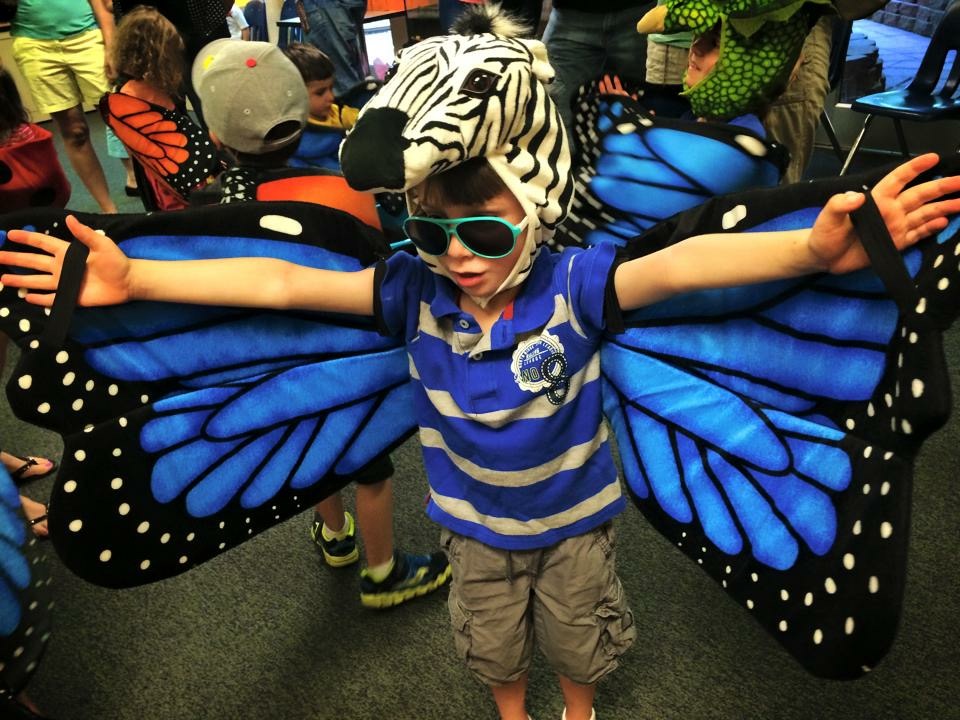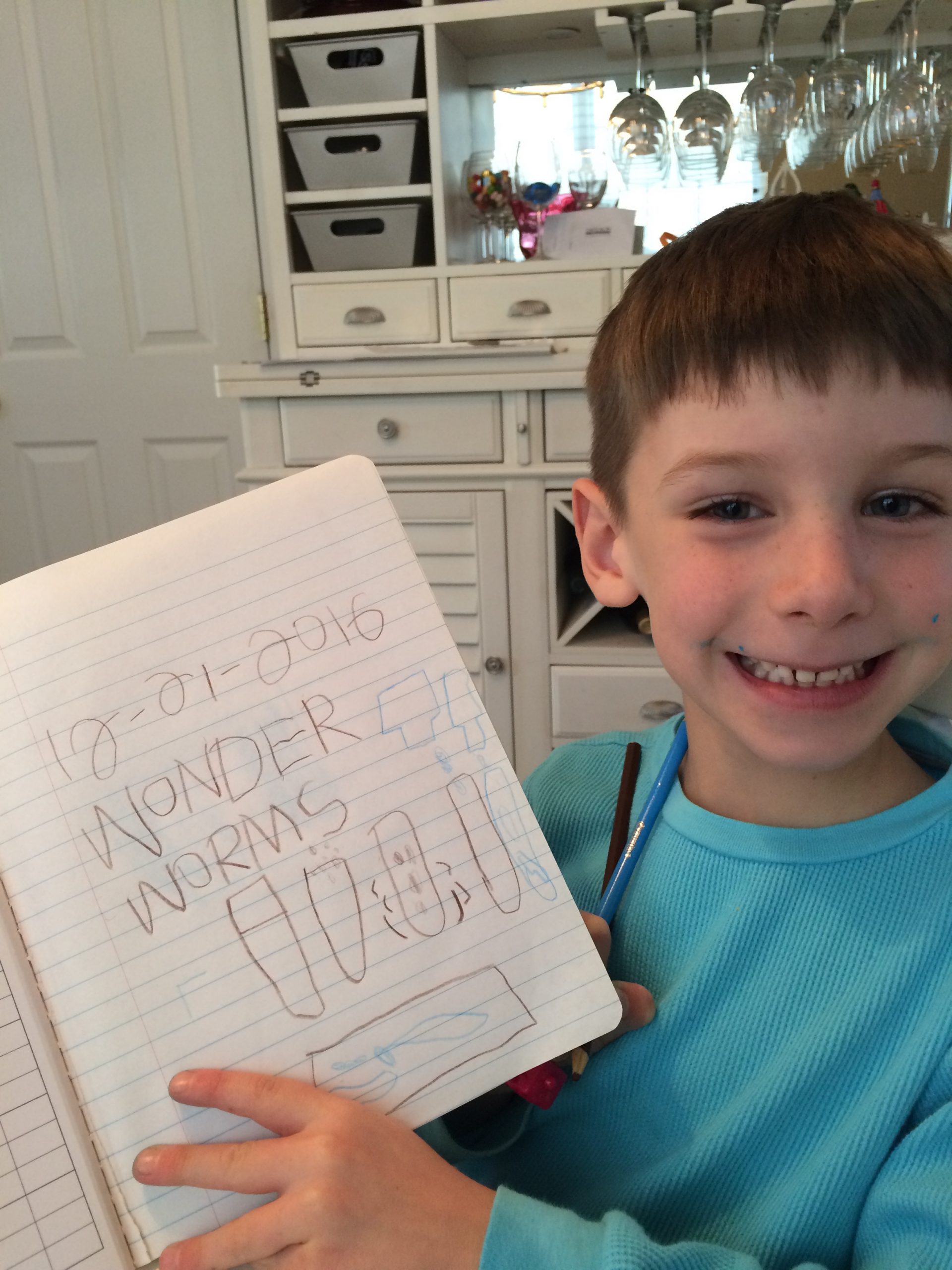Lies come with the imagination of children. Whether they are young or in the teenage years, there will be a time when they lie. It may simply be their imagination, the situation they perceive, or out of fear. However, many adults wonder the reason.
Lies may be a learned behavior and it happens more than adults realize. Adults excuse a child’s lie if it affects the feelings of a person. However, other reasons cause a negative reaction from adults. Adults react to lies as children react to what they see, hear, think, or feel.
Children base mannerisms on the social norms they see. Often society bends the truth. Thus, a lie is stated. Also, children learn from media that dishonest behavior gets a laugh. Thus, they do not see it as inappropriate. Also, younger children engage in imaginative play as they say or do something not true or honest.
Lies Are Common
A study from the University of Waterloo states over 90 percent of young children lies at some point. It states, “Four-year-olds lie, on average, every two hours, and six-year-olds lie, on average, every hour”.
A lie requires advanced thinking. As children lie, they imagine something is not true. Also, they predict how a person responds to the lie. However the thought process, parents must insist on truthtelling.
Eliminate the Lie
Adults are able to eliminate future lies from children.
• First, insist on the truth with no punishment. Then, have children promise not to lie.
• Provide positive examples of truthtelling through books.
• Children Learn what they Live. Therefore, model and lead by example.
Parents and educators encourage and teach truthfulness and honesty. Thus, as children lie, it is taken personally. It feels like education and parenting is not working. Nevertheless, children and young adults do not think like adults. With insistence and positive modeling, children will evolve as they grow. Thus, they will grow to be truthful and honest adults.




